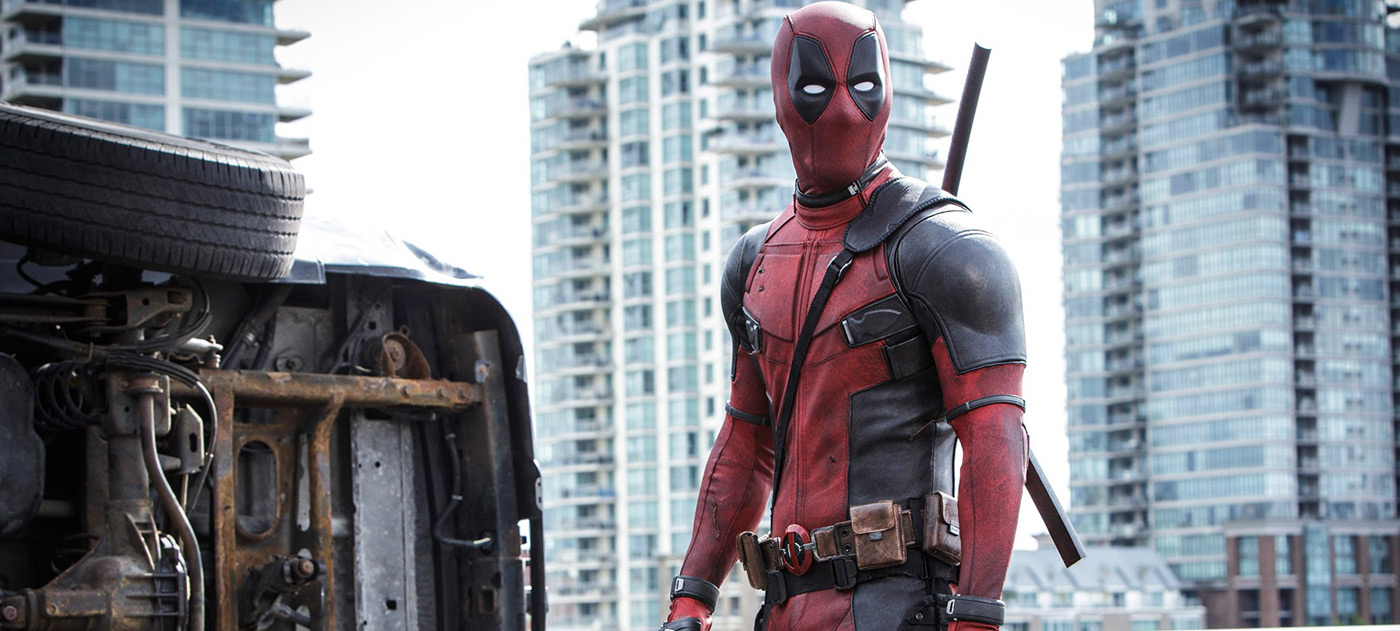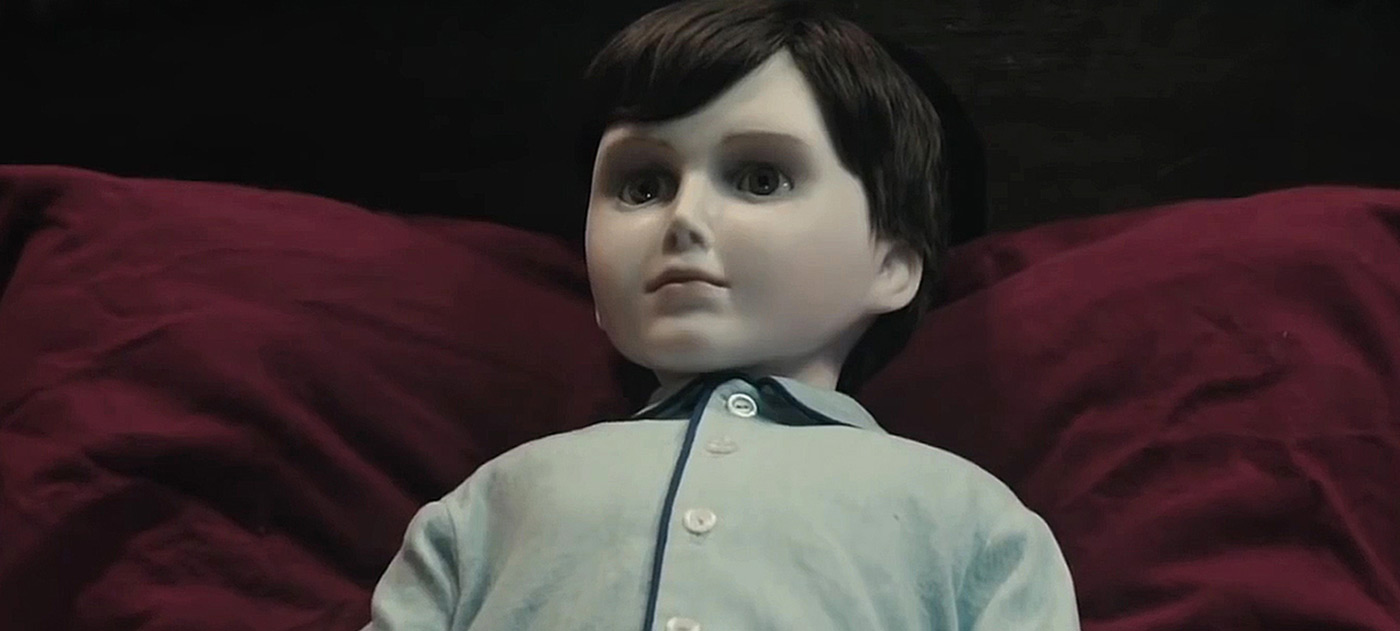When it comes to film franchises based on young-adult fiction, we have seen the supernatural trend (Harry Potter, Twilight) of the aughts gradually give way to the dystopian craze sweeping theatres today. The Hunger Games is obviously the genre standard-bearer with its enormous box office returns and great reviews (and it also gave us everyone’s favourite new movie star, Jennifer Lawrence), but finding the next YA dystopian phenomenon has proven to be quite a challenge. The Divergent series has done decent business in the last couple of years, but the films are terrible. The Maze Runner series is quietly solid as well, with reasonably warm reviews and box office success despite a complete absence of buzz. The latest YA adaptation hoping to establish a hit movie franchise is The 5th Wave, based on the novel by Rick Yancey. Combining the trendy post-apocalyptic setting with the ever-popular alien-invasion narrative, this film seems tailor-made to appeal to a mass teenage audience. Alas, though it’s not a total dud, it nevertheless fails to dig deep enough to transcend predictable YA formula.
The premise is actually quite compelling — after an extraterrestrial ship appears over the Earth and shuts down all electricity, electronics, and sources of energy, the human race is quickly decimated as ‘The Others’ launch increasingly deadly waves of attacks against the planet. Having already lost her mother in one of the waves, high school student Cassie Sullivan (Chloë Grace Moretz) must do whatever it takes to protect her little brother Sam (Zackary Arthur, Amazon’s Transparent) as the survivors brace for a fifth wave of attacks by The Others. Meanwhile, Ben Parish (Nick Robinson) — Cassie’s high school crush — is recruited by the Army, along with other child survivors, to fight against the invaders, who are difficult to identify since they are a parasitic species who imperceptibly take control of humans’ brains and bodies.
Where The 5th Wave falters, however, is in its superficial treatment of the subject matter. After establishing the very dark context, the film quickly sidelines any complexity to focus instead on a simple-minded, which-boy-will-she-pick teen cliché arc, as Cassie holds on to her crush on Ben while also growing closer to Evan Walker (Alex Roe), a mystery man she meets after he rescues her from an attack. The film gives itself numerous opportunities to go full dark, yet it’s never quite brave enough to actually go there. The opening scene, for instance, features Cassie shooting another survivor to death in order to preserve her own safety. In the moment, Cassie’s voice-over informs us that this is what the world has come to, and she does seem appropriately horrified afterwards — but the film is never interested in exploring how it feels to take a human life or how one adjusts to a ruthless world where survival is all that matters or what the psychological toll would be of becoming a killer to ensure self-preservation. Where The Hunger Games finds the emotional depth of this experience and The Walking Dead luxuriates in its extreme bleakness, The 5th Wave is quick to gloss over it in order to focus on the melodrama. Indeed, later scenes don’t suggest that Cassie feels any lasting effect of killing another human; the heart-fluttering infatuation she develops for Evan is already too much for her to deal with.
Moretz is a sturdy enough leading lady for this film not to be a complete mess, but she remains a thoroughly uninteresting screen presence. I’ve never thought of her as an actress of much nuance or emotional depth — and indeed her Cassie does nothing to change that. It is a performance dedicated to Moretz’s one facial expression, applicable to any situation — big frightened eyes, flared nostrils, and an upper lip that is ever-so-slightly curled, as if she smells something bad and is worried that it might be her. Robinson, fortunately, fares far better than his co-star. Building on the promise of his previous performances in The Kings of Summer and Jurassic World, Robinson is handsome and charismatic, bursting with the potential to become an appealing and emotionally engaged movie star.
The supporting cast is done no favours in this film, though. Despite being saddled with a one-dimensional character to play, however, Maria Bello (A History of Violence) gives an enjoyably unexpected performance as an aggressive Army sergeant. It’s over-the-top stylized acting, but it really works. Maika Monroe (so good as the star of last year’s It Follows) is similarly effective in her tough-as-nails warrior-chick role. The character is totally underdeveloped, but Monroe really does memorable work that is also impressively different from her previous roles. Beyond these two, there’s little else to enjoy in the ensemble. Liev Schreiber is wasted in an expressionless military role, while Roe doesn’t register on screen at all. For someone playing a mega-hunk who wins Cassie’s heart, Roe is totally blank — blandly attractive but completely wooden.
The biggest problem, however, comes early in the film — and this is something that will involve unavoidable spoilers, so proceed with caution here. The film establishes that the First Wave was the total shut-down of electricity and engines — cars crashed, planes fell out of the sky, homes went dark. Then, suddenly, the Army comes to the rescue. With tanks and school buses and trucks. Which all work. They take the children to an air force base, where they have access to all their equipment and full power. Now, this is either an appalling plot hole or a too-obvious sign that the Army may not be all that it seems (yet people are still surprised when the big reveal occurs). Either way, it’s sloppy writing.
Director J Blakeson’s previous film, The Disappearance of Alice Creed, screened at various festivals and was nominated for awards. The 5th Wave has no chance of matching that kind of prestige or acclaim. Blakeson certainly has no help from the Frankenstein’s-creature patchwork of a screenplay he’s working with. Akiva Goldsman (A Beautiful Mind), Susannah Grant (Erin Brockovich), and Jeff Pinkner (um, The Amazing Spider-Man 2) all have writing credits on this film, and the lack of a single voice is evident throughout the film. The workmanlike filmmaking is completely unremarkable, competent but with no particular aesthetic or style — Blakeson is clearly just a director for hire on this one.
The filmmakers had an exciting opportunity to explore human nature in a meaningful way in The 5th Wave. How do we behave when little hope for survival remains? What does it mean to take another human’s life to save one’s own? Whom can we turn to when there’s no one left to trust? None of that is the point here. In The 5th Wave, Blakeson and co. reach just one conclusion, and it’s so ridiculous it’ll make you cringe: In a world where humanity is reduced to basic survival, where distinguishing between human and alien becomes near impossible, the one thing above all that makes us human is our capacity for love. Ugh.










Fantastic Four
Fantastic Four